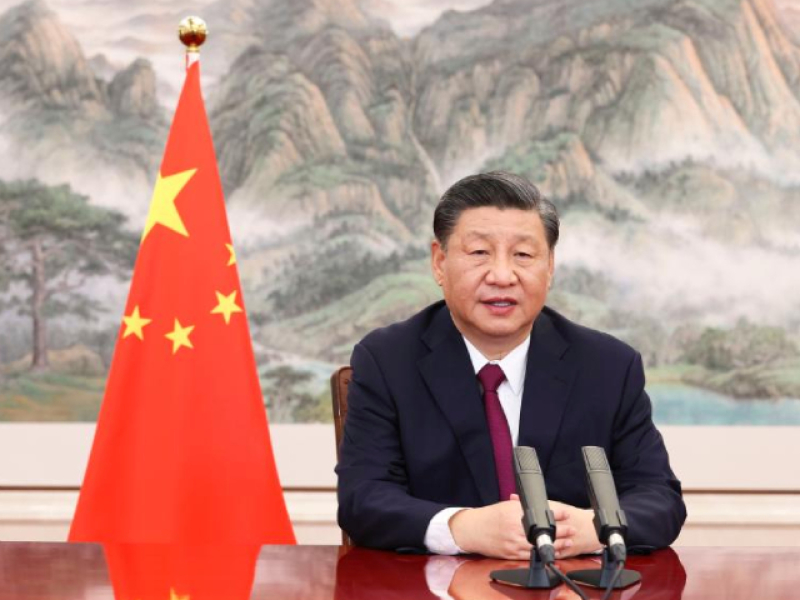
The Chinese government has enlisted young foreign social media influencers to detract allegations about the Uyghur genocide in Xinjiang.
China's ruling Communist Party is now using foreign vloggers and social media influencers in its mission to whitewash the Uyghur genocide in Xinjiang. Their new targets are young foreign social media influencers who are then enlisted to show happy minorities living in the country's far western region.
According to Radio Free Asia, travel videos recorded by video bloggers or vloggers and other influencers are spread on Twitter, which is banned in China but are spread by state media and affiliated sites. These videos amplify the CCP's propaganda of whitewashing the Uyghur genocide in Xinjiang by showing allegedly happy minorities living under the Chinese communist rule.
Such videos being circulated feature "foreign travelers" interviewing people in Xinjiang factories with captions that say, "Friends, it's a lie that there is a genocide of the Uyghurs," "Everything is normal here," and "Is there a single piece of evidence that there are more than 1 million people in concentration camps?"
The answer to that final question is yes. In 2018, the United Nations said that it had "credible reports" that China up to a million ethnic Uyghurs in facilities that resemble a "massive internment camp that is shrouded in secrecy," Reuters reported.U.N. Committee on the Elimination of Racial Discrimination committee member Gay McDougall estimated that there may be up to two million Uyghur adn Muslim minorities in the "political camps for indoctrination" in Xinjiang."
In December 2021, an unofficial and independent UK-based tribunal called the Uyghur Tribunal argued that China has indeed "committed genocide" against the Uyghurs in Xinjiang through "the imposition of measures to prevent births intended to destroy a significant part of" the Muslim minority, Al Jazeera reported. China has repeatedly denied such allegations.
Instead, they are now relying on social media influencers and vloggers to brighten up their image vis-a-vis the Uyghurs. In fact, state-owned media outlets and local government agencies organize the pro-China campaign by paying for vloggers' trips and excursions, documents posted online and video producers close to the projects have revealed.
"What happens is you'll have a state media like CGTN or CRI or iChongqing or any number of organizations which are run by the Chinese government - which are the Chinese government - and what they will do is they will pay for the flights, pay for the accommodation, organize the trip, and liaise with the content creator and invite them to go on these trips," a YouTuber by the name of Winston Sterzel, who lived in Xinjiang, revealed. Some people working as translators or fixers ensure that the vloggers stay on script.
Vloggers who post their video content on YouTube said that local government officials in China arrange their travel and accommodations during the trips they are hired for, which are specifically created to paint China in a good light. YouTuber Lee Barrett said in a video they recorded that the Chinese government "arrange our travel, and they pay for our lodging and food."
A pair of vloggers named Matthew Tye from the U.S. and Winston Sterzel from Africa were ordered to leave China because of videos they published after living there for more than 10 years. Despite having left China, the two continue to post videos about China to raise awareness on the Uyghur genocide in Xinjiang.
"Xinjiang is massive, and there's no way that some idiot YouTuber who cannot...speak the Uyghur language, who knows nothing about the culture of China can walk around in this tiny little area and claim that there is no genocide or any bad things happening in China," Sterzel argued. As for the state-sponsored tourism videos, the YouTuber said that its content does not talk about just tourism, "There will be some government-angle incentives, there will be something about how the government has improved the lives of the people there or how the government has built this infrastructure."



















